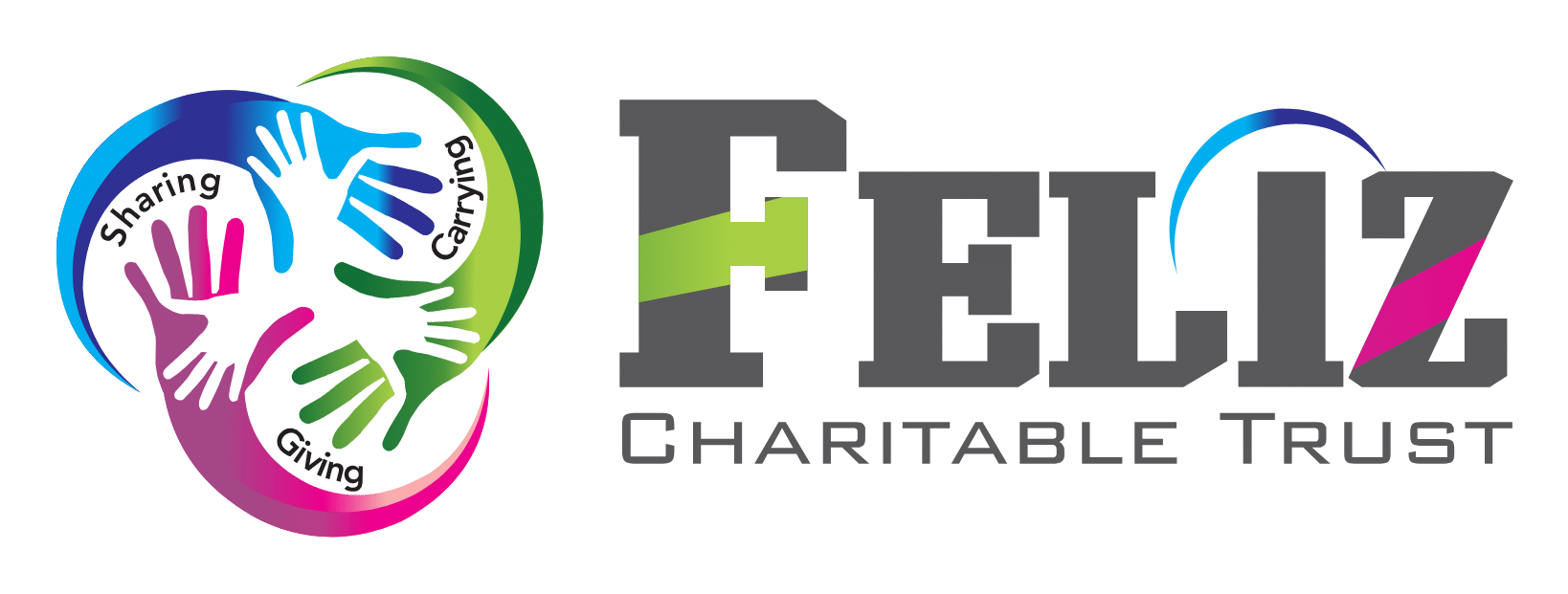Navigating the Path to Women’s Empowerment with the Feliz Charitable Trust in India
Have you ever considered why the conversation about women’s empowerment in India seems more prominent than that of men’s? It’s rooted in the traditional view that men inherently possess power, leaving women to bridge the gap and enhance their position in society. Women, who constitute nearly half of the global population, play a critical role in shaping families, communities, economies, and broader societies. Despite their significant impact, they face obstacles like discrimination and inequality, which impede their progress. Therefore, prioritizing women’s empowerment is essential for achieving gender equality and fostering a fairer and more prosperous society.
In India, the journey toward women’s empowerment encounters challenges like the literacy rate gap between genders, entrenched gender roles, and concerns over safety. Women in the workforce often struggle to balance professional aspirations with family responsibilities, burdened by traditional gender expectations. The lack of support mechanisms, such as affordable childcare and flexible working conditions, further complicates these challenges.
Issues in the workplace, including discrimination, unequal pay, and limited opportunities for career advancement, hinder women’s ability to realize their full professional potential. While government schemes like Beti Bachao Beti Padhao and Ujjawala Yojna have addressed some of these problems, a more comprehensive and vigorous approach is necessary to accelerate progress in women’s empowerment.

So, what strategies can be implemented to expedite women’s empowerment in India?
Educational Empowerment
With a 16.1% gap between male and female literacy rates as reported by UNESCO, the need to close this educational divide is evident. Education serves as a catalyst—empowering women with education leads to higher workforce participation, contributing to economic growth. Moreover, educated women are pivotal in fostering healthier families and communities. Therefore, ensuring that women have unrestricted access to education is crucial not only for their empowerment but also for the overall progress and prosperity of India.
Economic Empowerment
Only 27% of Indian women participate in the labor force, a figure significantly lower than the global average. Removing barriers to employment, entrepreneurship, and financial independence is vital. This involves improving access to credit, financial services, and specialized training programs. Economically empowering women will unleash India’s complete economic capacity, driving sustainable growth and development. Enhancing women’s access to markets and resources will substantially improve their economic status.
Health and Well-Being
Quality reproductive and maternal healthcare is essential for women’s health. Given that India contributes to around 17% of the world’s maternal deaths, enhancing healthcare services in rural and marginalized regions is crucial. Mental health is also a significant aspect of women’s empowerment. The National Health Mission (NHM) contributes to empowering women and children by providing comprehensive healthcare services, promoting their well-being and empowerment.
Changing Social Norms and Attitudes
In rural India, entrenched patriarchal norms and traditional gender roles limit women’s opportunities and independence. Women are often expected to prioritize domestic and caregiving duties over personal development pursuits like education or work. Even in urban areas, where women have better access to education and employment, societal pressures and discriminatory practices persist. Addressing these deep-rooted social norms and attitudes is essential for creating an environment where women can thrive both professionally and personally.
Legal and Policy Reforms
Combating gender-based violence, including domestic abuse, sexual harassment, rape, and trafficking, is crucial. Legal reforms are necessary to ensure justice for women and provide comprehensive support to survivors. Strengthening laws and enforcement mechanisms to criminalize various forms of gender-based violence is vital for protecting women’s rights and dignity.
In summary, advancing women’s empowerment in India with the support of organizations like the Feliz Charitable Trust is a complex task that involves addressing education, economic issues, healthcare, social norms, and legal policies. While progress has been made, much work remains to ensure women have equal opportunities. The Feliz Charitable Trust’s initiatives, like the Swabhiman programme, play a crucial role in improving women’s status in society.
Empowering women leads to broader societal benefits, including economic growth, social advancement, and peace. Focusing on women’s empowerment paves the way for a more equitable society, where the distinction of ‘women’ in professional titles is unnecessary, indicating a society that has achieved true equality and recognizes the complementary nature of all genders.
